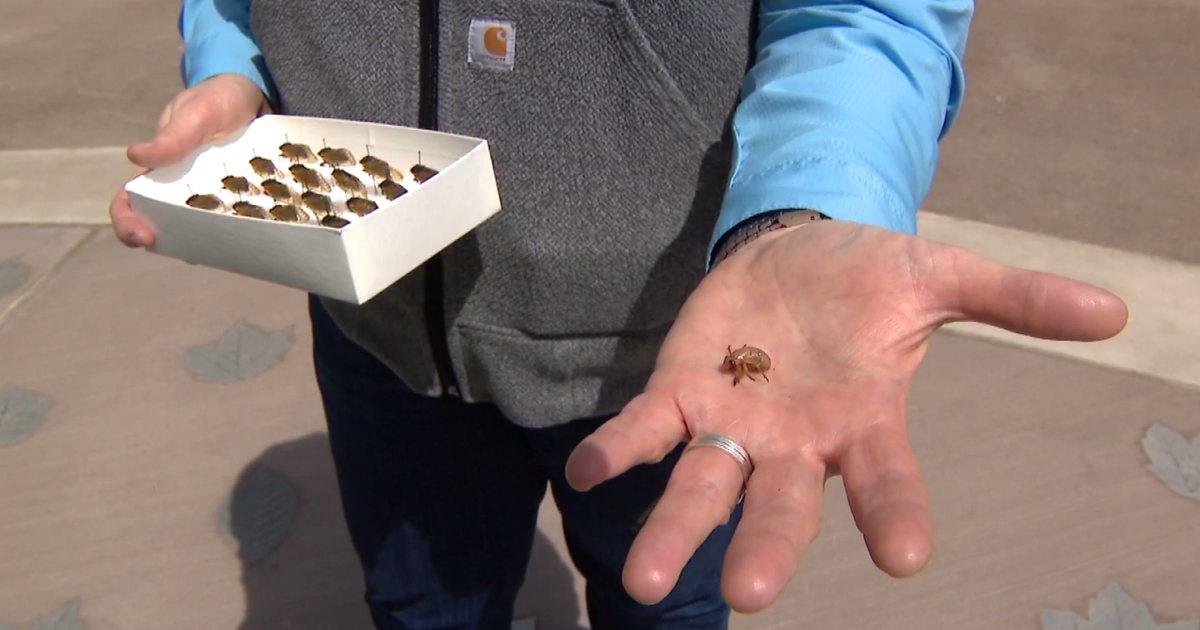How To Prevent Sewage From Flooding Your Home
By Paige Tortorelli
It may start off innocent – your sink drains a little slower than usual or you notice a strange odor in your bathtub. These seemingly harmless issues may be warning signs of a sewage backup.
People generally wait until a huge problem occurs before they take action, says Dr. Sara Heger, a researcher and instructor in the Onsite Sewage Treatment Program for the University of Minnesota's Water Resources Center.
KNOW YOUR RESPONSIBILITIES:
Many municipalities only oversee main sewer issues, which means homeowners are responsible for the lines running from their homes to the street.
Of course, city sewers can become blocked, too and if the blockage is not detected, it can back up the homeowner's pipes.
If you suspect this has occurred, you should call your city's water reclamation service immediately.
You should also check the history of your sewer lines for pre-existing problems.
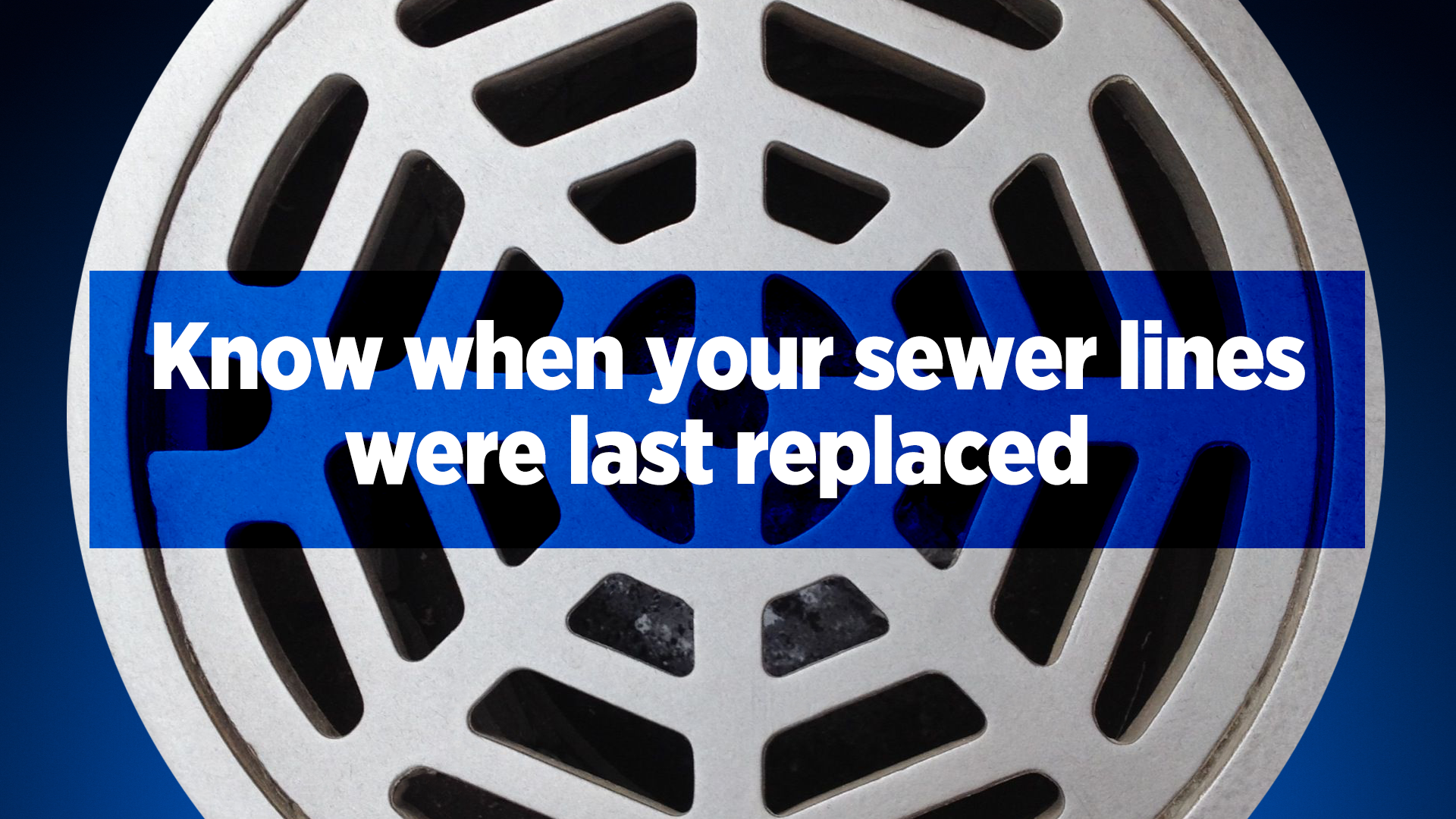
TAKE PROACTIVE STEPS:
Raw sewage in your basement means extensive damage, unsanitary conditions, and an expensive mess. To avoid these issues, homeowners should take proactive steps.
The first measure all you should take? A sewer line inspection.
This precautionary measure costs an average of $500, and Heger advises homes more than 20-years-old to undergo an inspection as they are more susceptible to sewage flooding.
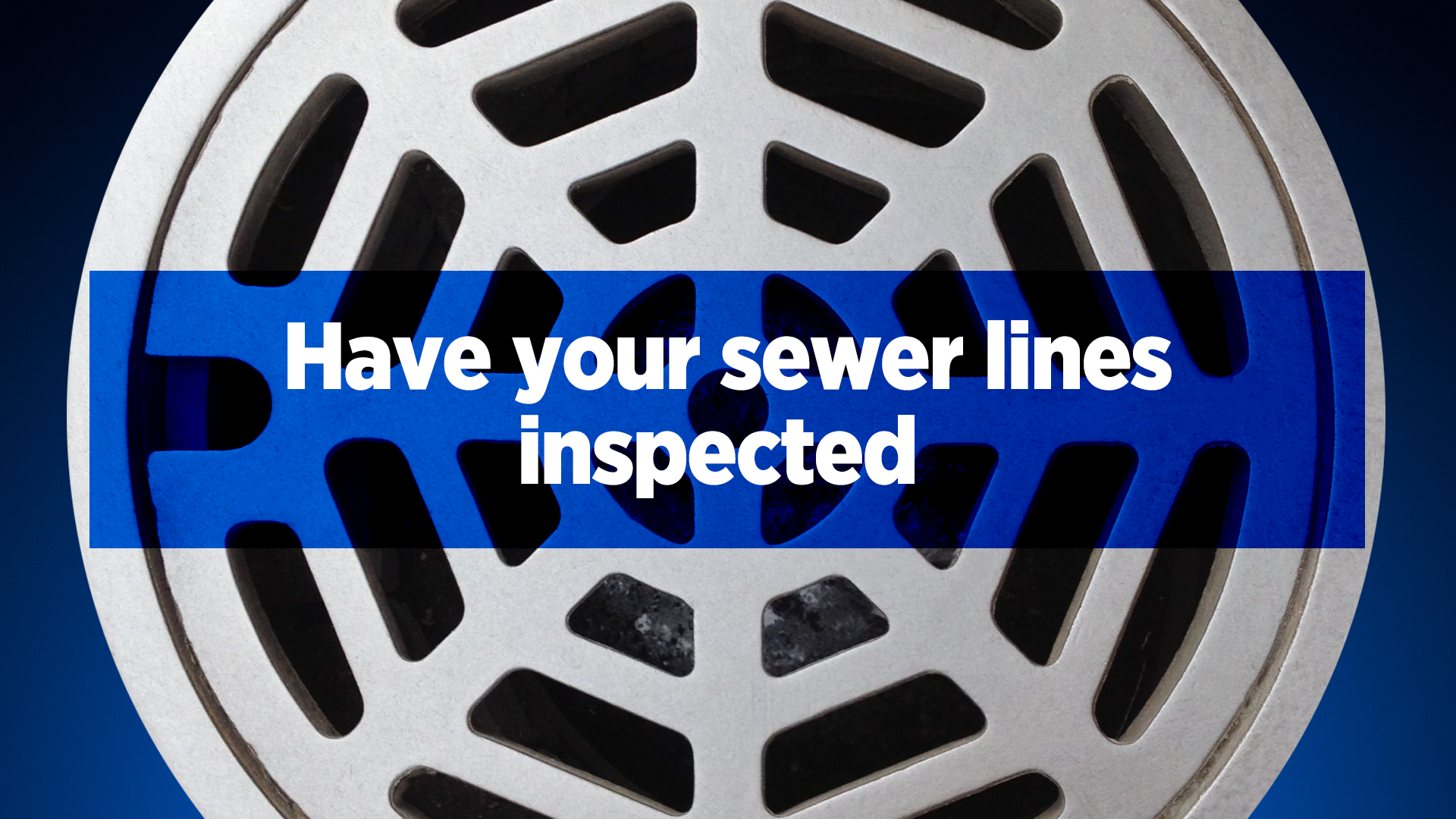
WHAT AN INSPECTION INVOLVES:
During an inspection, a restoration company examines your sewer lines with a camera that travels through the pipes to look for blockages.
Trees and roots commonly clog the lines and should be professionally removed to prevent the problem from re-occurring.
UNDERSTANDING YOUR PIPES:
Inspections also tell you the material of your pipes – and not all are created equally.
Older, clay pipes can develop cracks, allowing tree roots and other debris to find their way in and plug up the sewer lines. Clay pipes generally require regular maintenance and will eventually need to be replaced if problems persist.
Homeowners experiencing frequent flooding may want to create a budget and replace their pipes because cleaning is "just a band aid" for old pipes, Heger says.
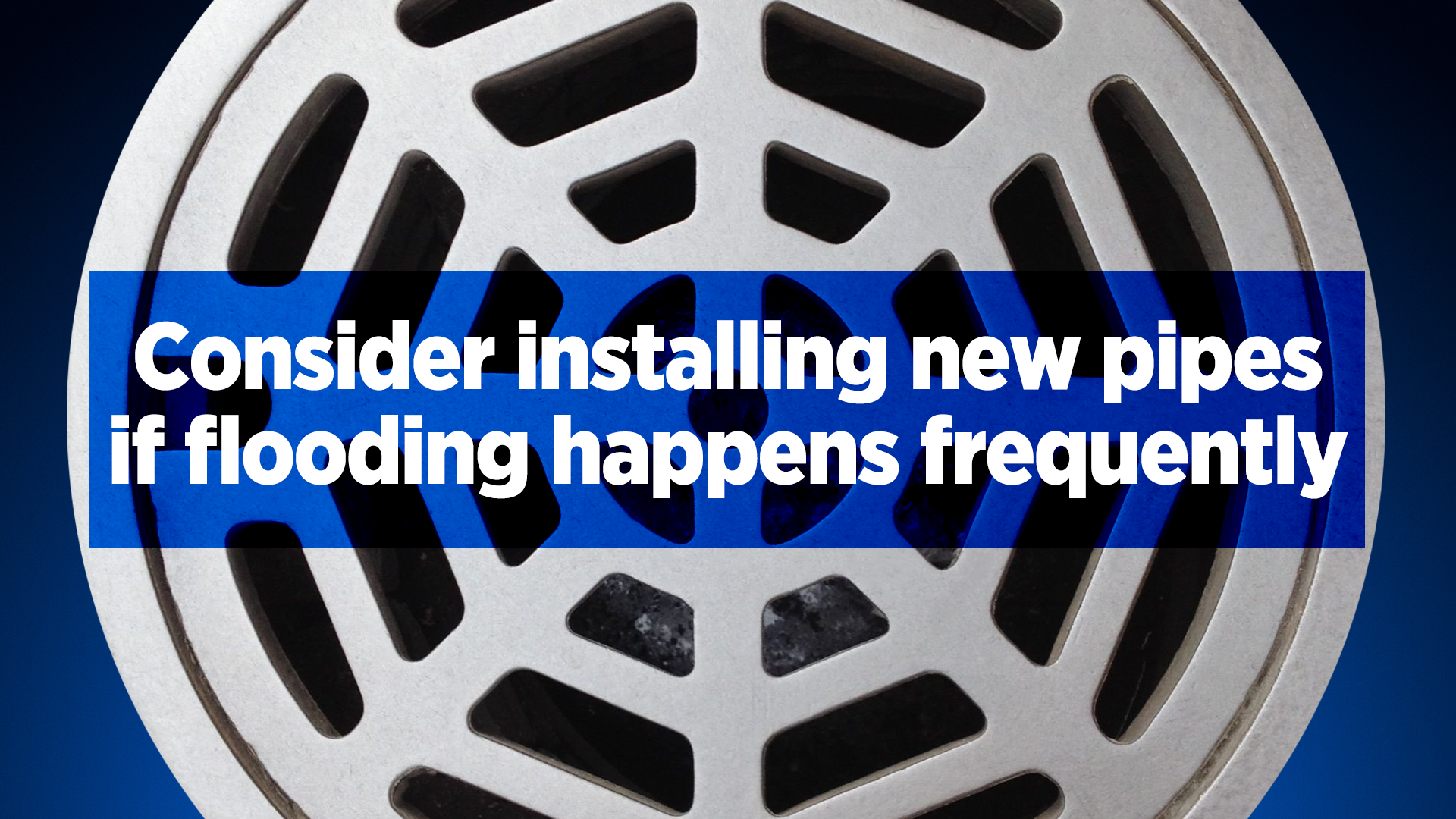
Newer homes tend to have PVC sewer lines, a more durable plastic-like material, which is less likely to fracture and more cost-efficient. Even if your home has PVC pipes it may still be beneficial to preventively clean and inspect them every five years, Heger says.
CONSIDER INSURANCE:
For homeowners with finished basements or older lines, it may be worthwhile to purchase insurance as it will not drastically influence their annual cost, Heger says.
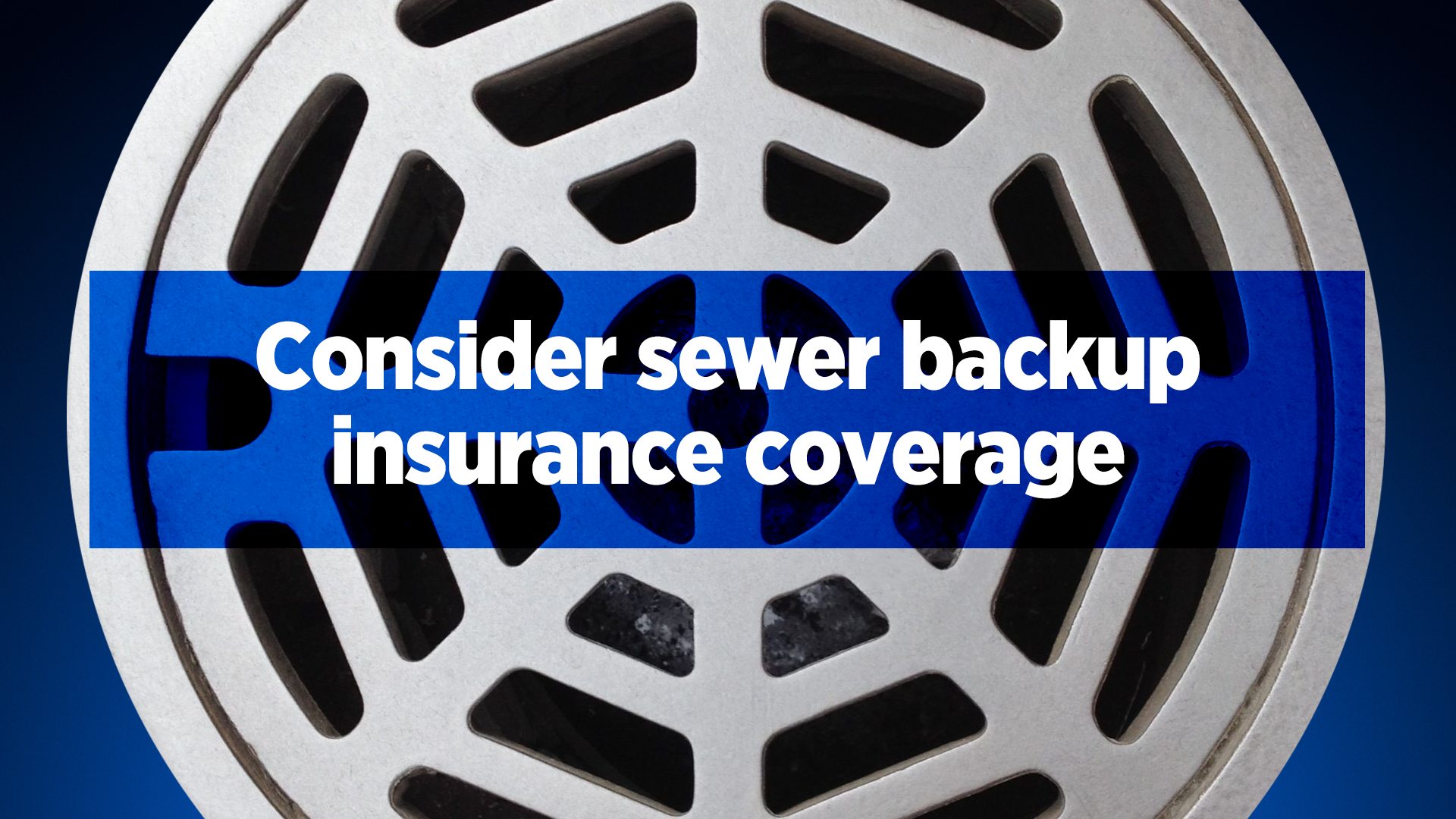
MAINTAIN YOUR SEWER LINES:
There are also simple steps all homeowners can take to maintain their pipes.
Putting greasy substances, like oils, down the drain or flushing anything other than toilet paper can create serious blockages.
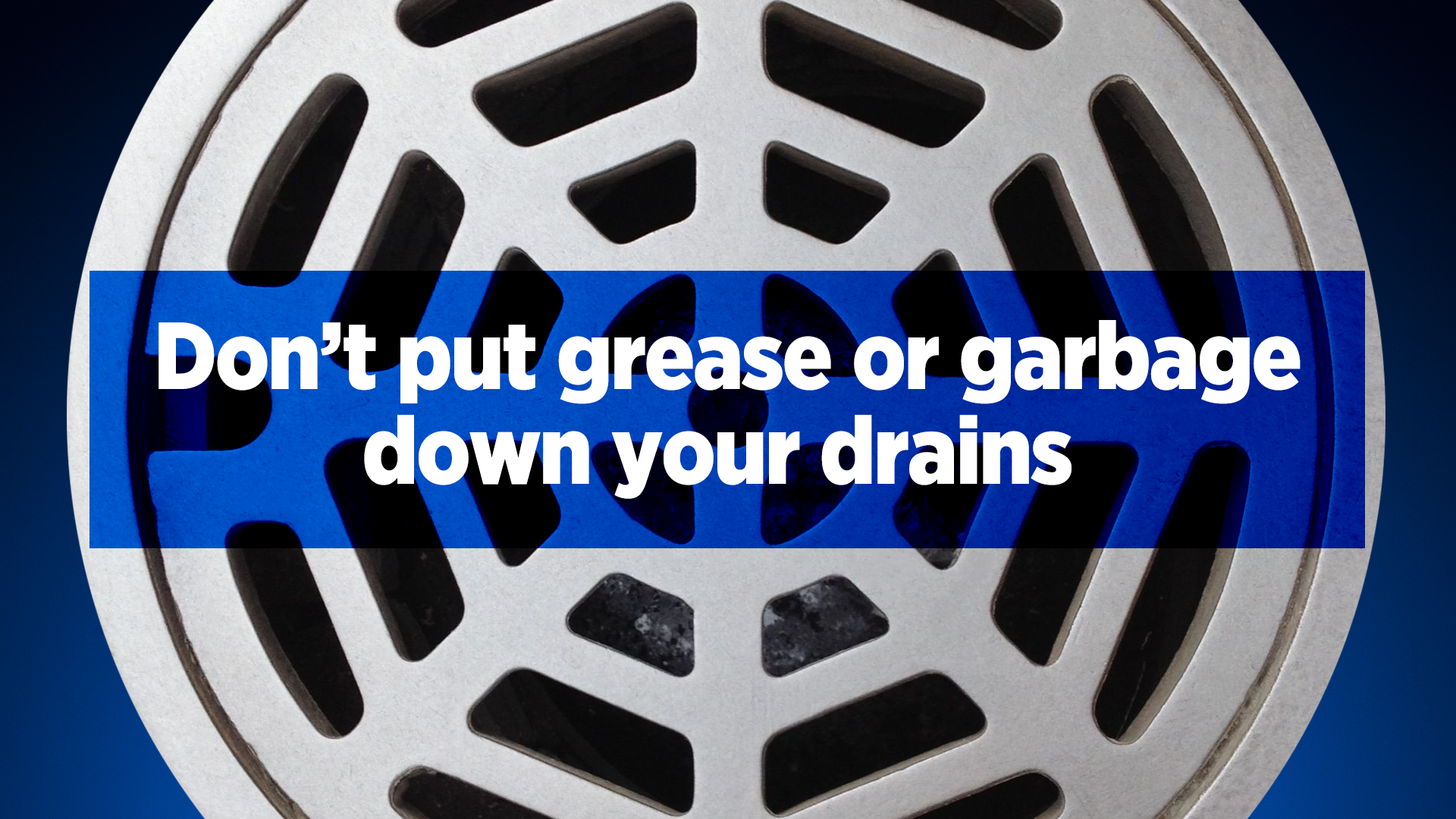
If you suspect something unusual with your pipes, call a restoration company before the problem escalates.
"Sewage is a big problem" and understanding your home's sewer lines before a problem occurs is crucial, Heger says.

